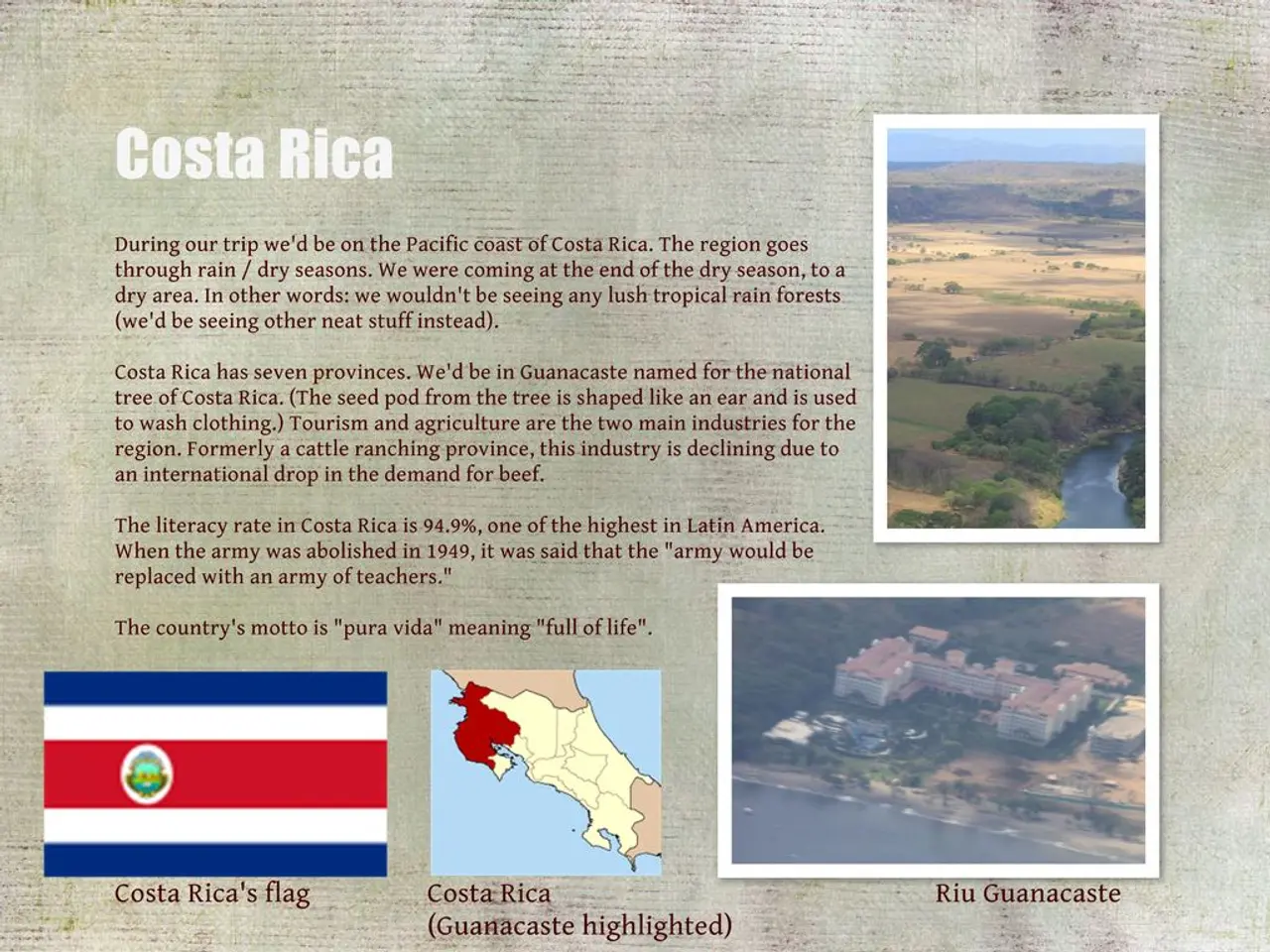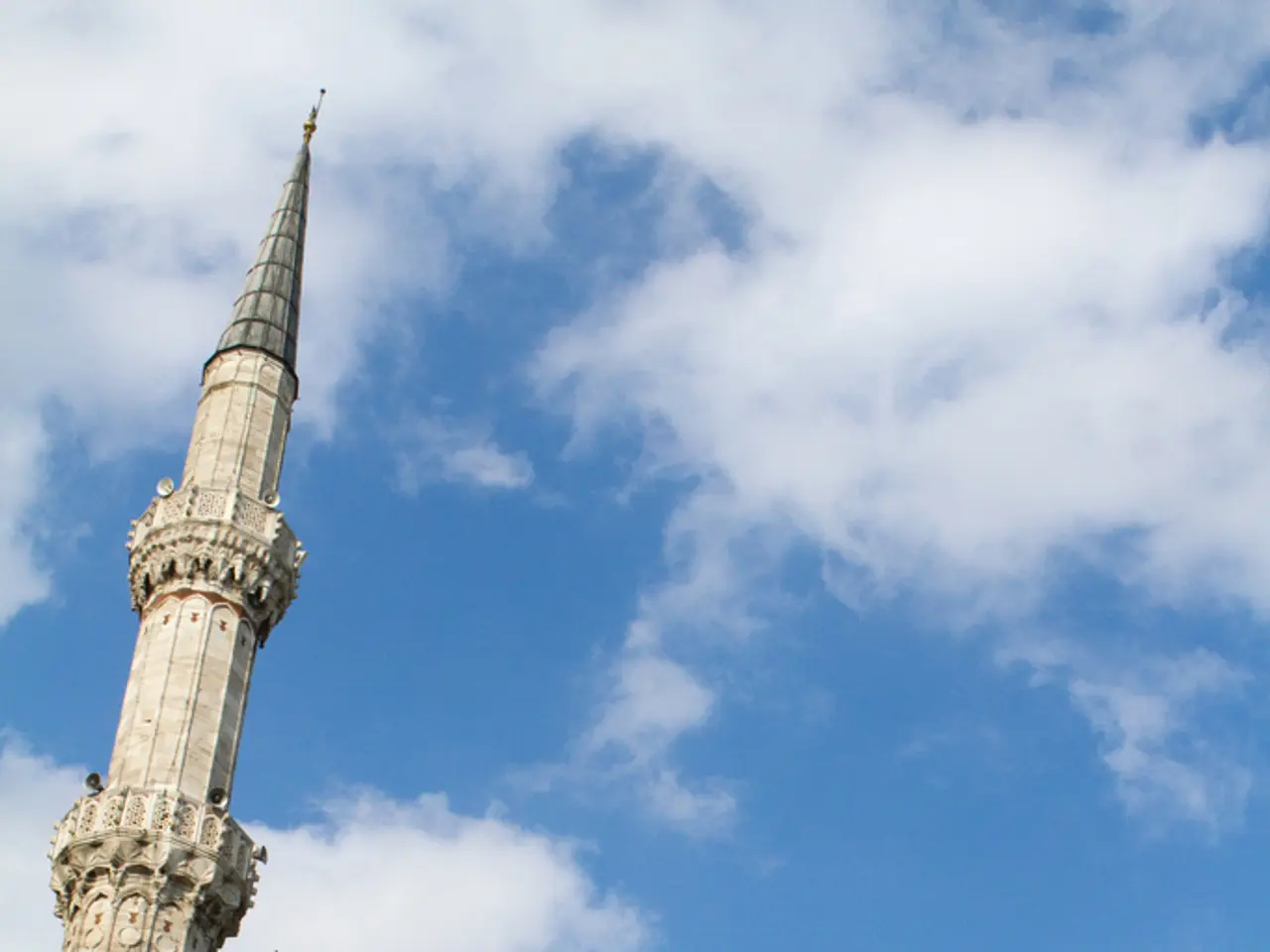Authoritarian rule in El Salvador has resulted in the imprisonment of thousands of blameless individuals.
In the hotbed of gang violence that plagued El Salvador, the authorities declared a state of emergency and hurled themselves into a no-holds-barred war against the criminals terrorizing the nation. But behind the sensational drop in homicides, this hardline security policy has brought on grave abuses, with countless innocents imprisoned without a shred of evidence or a trial to stand on.
One grieving mother, Maria Josefina Elias, sits in her sun-faded living room, her eyes swelling with tears. Prison has claimed her son for two long years – René Eduardo, a 31-year-old seafarer with a spotless record. The police struck without notice a year after the state of emergency was enacted by President Nayib Bukele, aiming to quash the gangs that have haunted El Salvador for decades.
With no trial in sight, René remains in prison, locked away from contact with the outside world. "I don't even know if he's alive or dead," Maria weeps, her voice breaking. She, like countless others, pleads the innocence of her loved one.
Under the regime, which was established in late March 2022, over 90,000 individuals have been incarcerated, primarily accused of criminal activities[1]. While up to 10% of these may very well be innocent[2], the suspension of constitutional rights – including the clause of innocent until proven guilty – has granted security forces even broader powers to detain and investigate individuals.
The excessive pressure on law enforcement has strained resources and prompted questionable methods. Cell phone searches, warrantless arrests, and extended periods of pre-trial detention have become commonplace practices, sparking criticism from human rights advocates[2][3].
Even a seemingly innocuous tattoo, an anonymous tip-off, or a two-decade-old criminal record is now enough to warrant an arrest[3]. The discretion is all in the hands of the police. Citing suspicion of gang activity, officers can apprehend groups of people they come across on street corners[3].
And when detainees are finally brought before a judge, the trials are rushing by. A single "lookout" accusation is all it takes to charge an individual[3].
In the face of this overwhelming tide of detentions, the limited resources of public defenders are being stretched thin. Guerra, a legal professional, remarks, "We now have over 200 cases per person[3]. How can we possibly handle that?"
Alarmingly, not all those swept up by the dragnet fit the profile of a criminal. Union leaders, environmentalists, human rights advocates, and even judges have found themselves behind bars as a means of maintaining social control[3].
This tough-on-crime stance, while reducing homicides for the time being, has many concerned for the state of civil liberty and the rule of law in El Salvador. With no accountability in sight, the fear looms that this no-holds-barred war on gangs could have lasting and detrimental effects on the country's democratic institutions.
Further Reading
- El Salvador: Toll of zero-tolerance policy investigated
- Gangs and the creeping authoritarianism in El Salvador
- A reporter's journey through El Salvador: Land of mystery and contradictions
The business of arrests
At the outset of the regime, police officers were subjected to arrest quotas[4]. By some accounts, this quota was set as high as 1,000 arrests nationwide per day[4]. Marvin Reyes, general secretary of the Police Workers' Movement, explains that this target for arrests was impossible to achieve without resorting to arresting individuals without any concrete suspicion of criminal activity.
Under this pressure to meet quotas, officers were often forced to return to the streets if they failed to make an arrest during their initial patrols[4]. In this way, the police were made to treat every encounter with citizens as a potential opportunity for an arrest. "Imagine that," Reyes scoffs[4]. "Can you imagine that?"
By December 2024, these policies had drained public defender resources, which now stood at just 300, while the prison population had soared exponentially[2]. The situation was unsustainable, laments Roberto López, a human rights expert. "How can we possibly handle that?" hequeries despondently.
Today, the newly-constructed Penalito temporary detention center in the heart of the capital serves as a grim reminder of the violent conundrum El Salvador now faces. Every night, police officers flood through the iron gate, delivering and receiving handcuffed men in white t-shirts and boxers. Devastated families stand by, holding on to the faintest hope of recognizing a loved one wandering through these halls.
One shattered mother, her eyes glazed with despair, confronts the police after 15 days without a glimpse of her son. "Gangs, that's been over for two years," she yells in anger, her voice echoing through the cold, steel corridors of the Penalito[3].
Yet, amidst the chaos, questions persist. Are the answers to El Salvador's ongoing struggles for security, justice, and prosperity to be found within the Penalito, or will they spring from the embers of determination and hope ignited by those fighting for truth and transparency? Only time will tell.
[1] Vanda Felbab-Brown, Running Short of Time: El Salvador’s ‘Preso 28’ Jail. Brookings, April 2023. https://www.brookings.edu/tech-stream/running-short-of-time-elsalvadors-preso-28-jail/ [[1]][2] Human Rights Watch, Human Rights Watch Annual Report 2024. Human Rights Watch, January 2025. https://www.hrw.org/report/2025/01/22/world-report-2025/americas/el-salvador [[2]][3] The Associated Press, El Salvador's U.S.-Backed Anti-Gang Crackdown Utilizes Mass Arrests and Pressure on Police. The New York Times, June 19, 2023. https://www.nytimes.com/2023/06/19/world/americas/el-salvador-us-aide-gang-crackdown.html [[3]][4] Amnesty International, The Toll of a Zero-Tolerance Policy in El Salvador: Annual Report 2024. Amnesty International, March 2025. https://www.amnesty.org/download/Documents/AmericasContraLaTortura/amdtcq240012025Salvador.pdf [[4]][5] The Economist, El Salvador: Bare-Knuckle Gang Fighting. The Economist, September 17, 2023. https://www.economist.com/world/americas/2023/09/17/el-salvador-has-tried-a-tough-approach-to-gangs-but-its-made-things-worse [[5]]
- The excessive pressure on law enforcement in El Salvador, under President Nayib Bukele's regime, has led to a severe infringement on civil liberties, as countless innocent individuals, like Maria Josefina Elias' son René Eduardo, are imprisoned without a fair trial, reflecting a disregard for the rule of law and the principle of "innocent until proven guilty" that is reminiscent of French politics and general-news discussions about crime-and-justice systems.
- Human rights advocates express concern over the questionable tactics employed by security forces, such as arbitrary arrests, extended pre-trial detention, and the suspension of constitutional rights, which echo concern found in discussions of crime-and-justice systems across the globe, particularly in discussions about politics in France and general-news reports about El Salvador.




